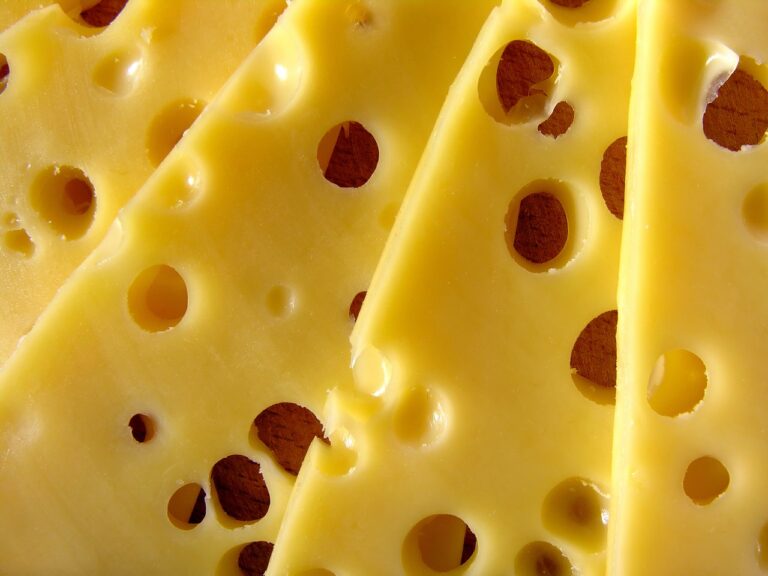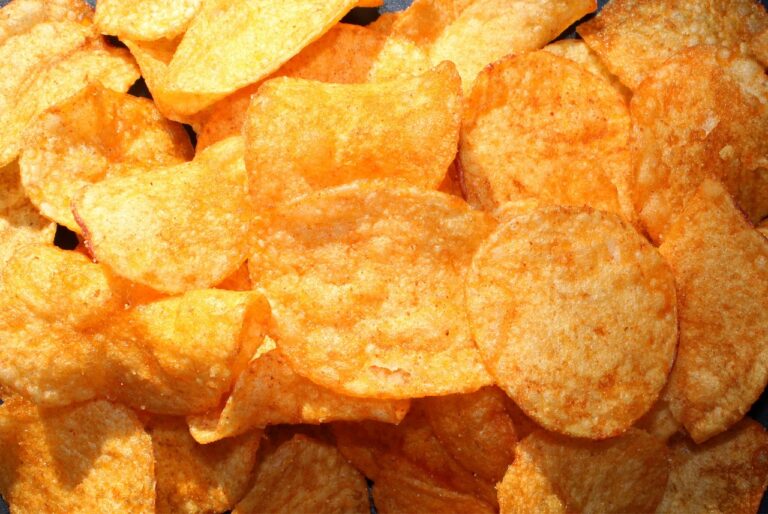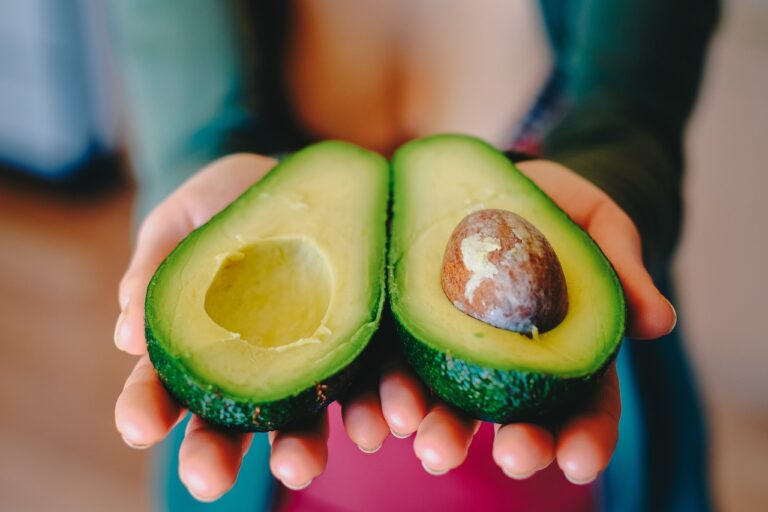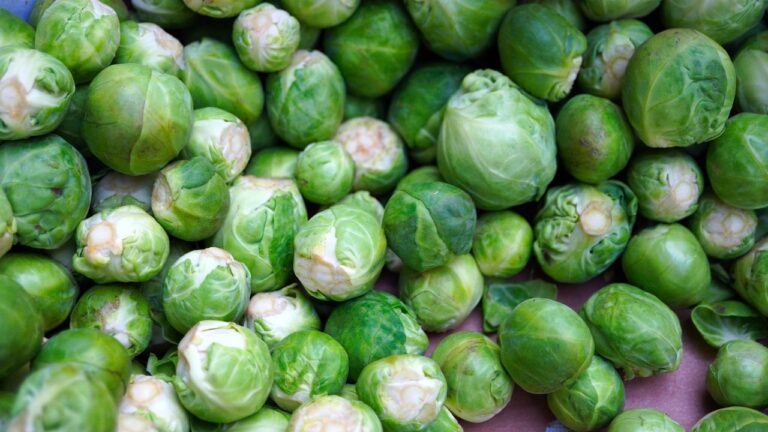10 Reasons Why You Are Craving Fatty Foods
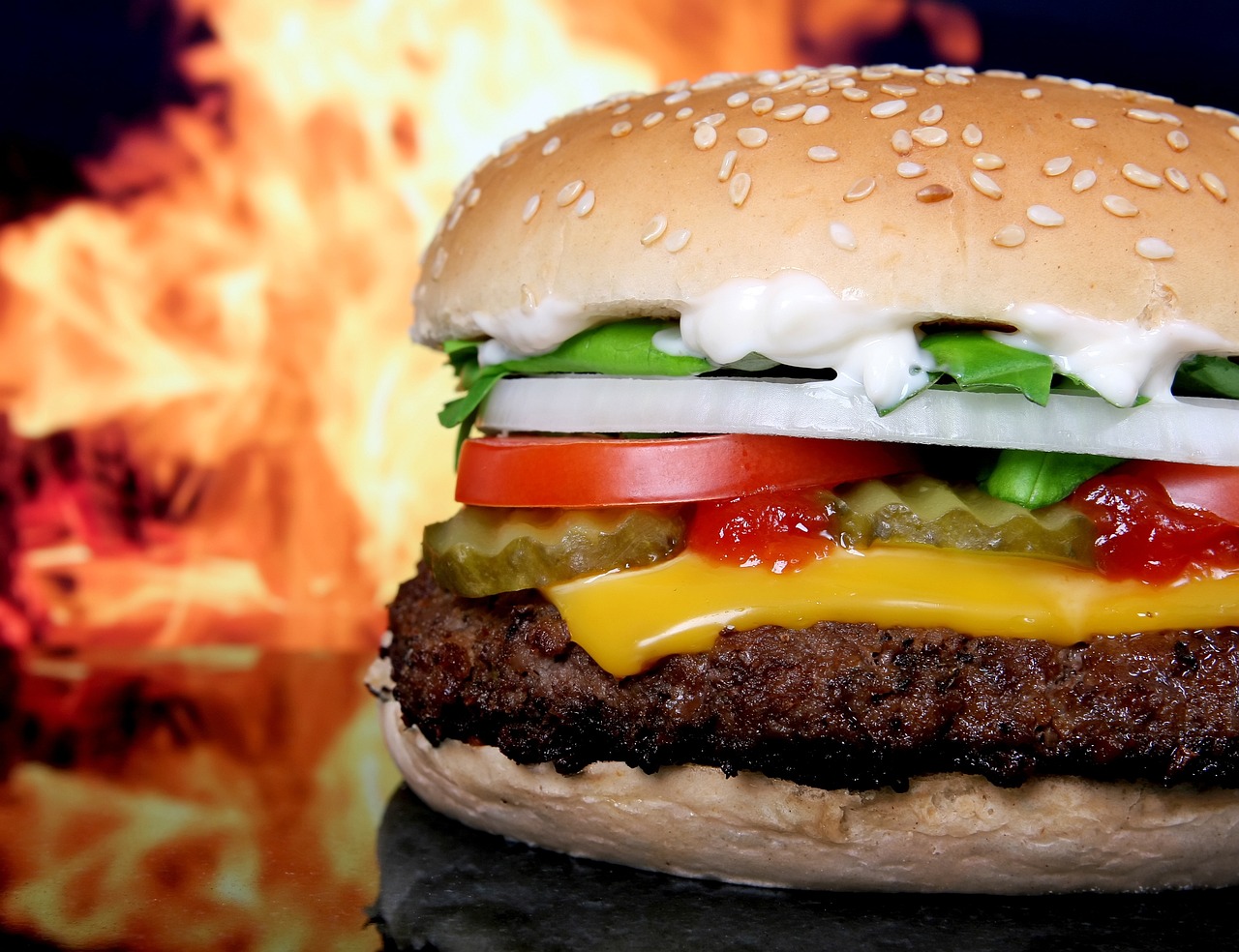
When it comes to food cravings, few are as intense as the desire for something rich and fatty. Whether it’s a slice of creamy cheesecake, a hearty piece of bacon, or a buttery avocado, our longing for fatty foods can be almost insatiable. But why do we have such a strong inclination towards these foods? In this article, we’ll explore ten reasons behind our cravings for fatty foods and shed light on this culinary phenomenon.
Why Am I Craving Fatty Foods?
1. Evolutionary Perspective
From an evolutionary standpoint, our ancestors relied heavily on fats as a reliable source of energy. In times when food was scarce, those who could store and utilize fat effectively had a better chance of survival. As a result, our bodies have evolved to not only store fat efficiently but also to crave it when we need energy.
Today, while we have ample sources of food, our evolutionary wiring still pushes us towards high-fat foods, especially when we feel our energy waning or when faced with stress, which once signaled potential danger and the need for energy reserves.
2. Brain Chemistry
Fatty foods have a direct impact on our brain chemistry. Consuming fats releases dopamine, a neurotransmitter responsible for pleasure and reward. When we eat fatty foods, our brain recognizes the pleasure derived from them and may create a feedback loop where we associate these foods with feelings of happiness and satisfaction.
In this way, our brains may be inadvertently driving our cravings as they seek out pleasurable experiences, reinforcing our desire to consume more fatty foods in the future.
3. Hormonal Influences
Hormones play a significant role in our food preferences. Leptin, a hormone responsible for signaling fullness, can be influenced by our dietary choices. Consuming high-fat foods can sometimes reduce the sensitivity to leptin, causing us to feel hungrier and prompting us to eat more.
Moreover, when we’re stressed, our body produces cortisol, a hormone that can stimulate a preference for comfort foods, which are often high in fats. This can lead to increased cravings during stressful times.
4. Texture and Mouthfeel
There’s no denying that fatty foods have a unique and satisfying texture. The creamy, smooth, or even crispy characteristics of fatty foods create a pleasurable sensation in our mouths, contributing to our cravings.
From creamy sauces to crispy fried foods, the mouthfeel of fatty foods provides a sensory experience that’s hard to replicate with low-fat alternatives. This sensory pleasure reinforces our desire for such foods.
5. Cultural Associations
Many cultural celebrations and traditions are centered around foods that are rich in fats. Whether it’s the buttery croissants of France or the avocado-rich guacamole of Mexico, fatty foods hold cultural significance and are often associated with comfort, celebration, and community.
Because of these strong cultural ties, we might find ourselves craving fatty foods during certain times of the year or when seeking a sense of belonging and nostalgia.
6. Satiety and Fullness
Fatty foods are excellent at providing a feeling of fullness and satiety. When we consume foods high in fats, they take longer to digest, keeping us feeling full for more extended periods.
This prolonged feeling of fullness can be a double-edged sword. On one hand, it helps us feel satisfied, but on the other, it can lead to overconsumption as we chase that satisfying feeling, leading to more frequent cravings.
7. Flavor Carrier
Fats are incredible flavor carriers. They help absorb and spread flavors across our palate, amplifying the taste of the foods we consume. This is why many chefs use fats like butter, oil, and cream to enhance the flavors of their dishes.
When we eat fatty foods, we’re not just enjoying the fat itself but also the enhanced flavors it brings, making the overall dining experience more memorable and crave-worthy.
8. Psychological Comfort
For many, fatty foods serve as comfort foods. They remind us of home, childhood, and simpler times. When we’re feeling down or in need of emotional support, we might turn to these familiar and comforting dishes.
The psychological comfort provided by these foods goes beyond their physical attributes, tapping into our memories and emotions, and further driving our cravings.
9. Energy Density
Fats provide more than double the calories per gram compared to proteins and carbohydrates. This high-energy density means that fatty foods can offer quick energy boosts.
Our bodies, recognizing the energy potential in fats, might prompt us to crave fatty foods when we’re feeling low on energy, ensuring that we get a rapid source of fuel.
10. Limited Availability
Historically, fatty foods were not always as accessible as they are today. In many cultures, foods rich in fats were considered delicacies or were reserved for special occasions. This limited availability might have heightened our desire for them.
Today, even with easy access, the allure of fatty foods remains. Sometimes, knowing that we “shouldn’t” have too much of a fatty treat can make it even more tempting.
Always Craving Fatty Foods
Fatty foods often appeal to many people due to their rich flavor and texture. This inclination towards fat-rich foods can be traced back to our evolutionary past where fats were a concentrated source of energy, beneficial for survival during times of food scarcity. Moreover, the brain also releases dopamine, the pleasure hormone, when consuming fatty foods, which can make them seem irresistibly appealing.
However, constantly craving fatty foods might indicate a deeper underlying issue. An imbalance in one’s diet, emotional eating, or certain nutritional deficiencies might be some reasons behind this constant yearning. Additionally, the modern-day availability of processed foods, which often have hidden fats, might further intensify these cravings, as they’re specifically designed to be over palatable and hence, addictive.
Body Craving Fatty Foods
The human body sometimes craves what it needs. Fatty foods, especially those rich in omega-3 fatty acids, play essential roles in maintaining optimal brain function, supporting cell growth, and producing hormones. When the body lacks these essential fats, it might signal a craving to prompt an individual to consume them.
On the other hand, not all fats are beneficial. Trans fats and excessive saturated fats can lead to health issues such as heart disease. So, while our body may naturally crave fats for genuine nutritional needs, it’s crucial to discern between healthy and unhealthy sources. Incorporating good fats like those from avocados, nuts, and fish can help satisfy these cravings in a nourishing way.
Craving Fatty Food During Pregnancy
Pregnancy is a period of significant physiological changes and increased nutritional demands. Craving fatty foods during pregnancy can be due to the body’s need for extra calories to support the growing fetus. Fats are a dense source of energy, making them an efficient way to meet these heightened caloric requirements.
Apart from the body’s energy needs, fatty acids, especially DHA (Docosahexaenoic acid), play a crucial role in the brain development of the fetus. As a result, expecting mothers might experience cravings for fatty foods as a way of ensuring that the baby receives all the essential nutrients for healthy growth. Nonetheless, it’s essential to choose healthy fat sources and maintain a balanced diet throughout pregnancy.
Craving Fatty Foods During Period
Hormonal fluctuations during the menstrual cycle can lead to various symptoms, including changes in appetite and food cravings. As estrogen and progesterone levels vary, so does the body’s energy needs. The luteal phase, which is the period before menstruation starts, is particularly known for increased food cravings, especially for fatty and sugary foods.
The reasons behind these cravings can be multifaceted. Some researchers believe that they’re related to mood swings and emotional changes, as fatty foods can trigger feelings of comfort and satisfaction. Consuming such foods might also help in boosting serotonin levels, a neurotransmitter associated with mood regulation. It’s always advisable to be conscious of these cravings and opt for healthier fat sources when possible.
Craving Fatty Foods When Sick
When we’re sick, our bodies are under stress and might require more energy to fight off illness. Fatty foods being calorie-dense can provide that quick energy. Additionally, certain fats, like omega-3s, possess anti-inflammatory properties, which might help alleviate symptoms and promote recovery.
However, it’s not just about the body’s energy requirements. Comfort food, often rich in fats, can offer emotional solace during sickness. For many, such foods evoke memories of care and warmth, making them a go-to choice when unwell. While it’s okay to give in to such cravings occasionally, it’s crucial to ensure the overall diet remains balanced and supports recovery.
How To Stop Craving Fatty Foods
Craving fatty foods is natural, but when it becomes excessive or leans towards unhealthy sources, it might be time to take action. Start by incorporating more whole foods into your diet. These foods are satiating and provide a balanced array of nutrients, which can reduce the urge to reach for fatty processed foods. Drinking plenty of water also helps, as sometimes our bodies can mistake thirst for hunger.
Mindful eating is another valuable practice. Paying attention to what you eat, savoring each bite, and recognizing your body’s hunger and fullness cues can significantly reduce mindless snacking and overindulgence. Lastly, when you do consume fats, opt for healthier sources like nuts, seeds, avocados, and oily fish. By choosing these, you can satisfy your cravings and nourish your body simultaneously.
Conclusion
Our cravings for fatty foods are influenced by a myriad of factors, from evolutionary and biological reasons to cultural and psychological associations. Recognizing and understanding these triggers can help us navigate our desires better and make more informed dietary choices. While it’s perfectly natural to enjoy and occasionally indulge in fatty foods, it’s essential to maintain a balanced diet and consume them in moderation.

